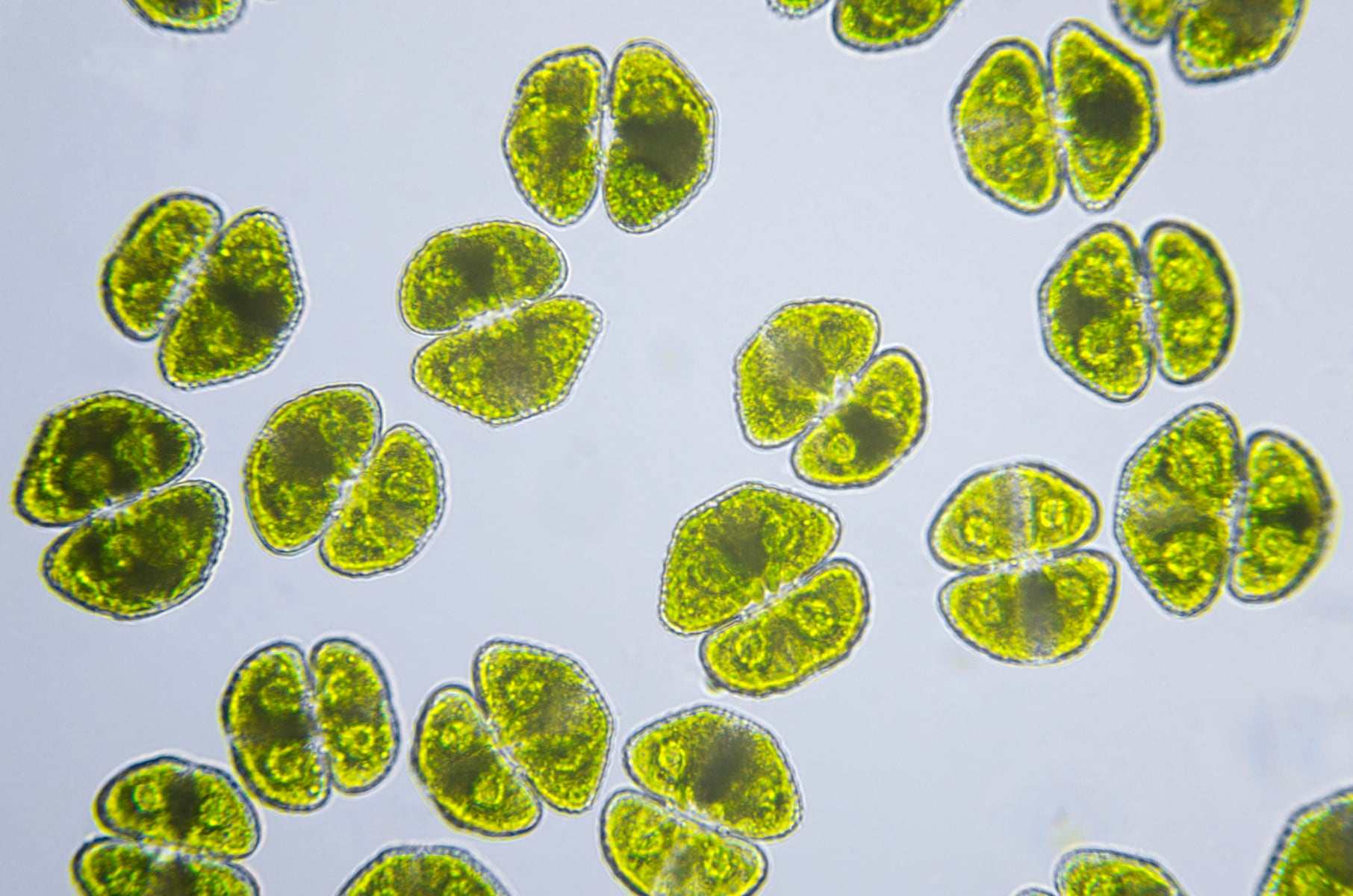The placebo-controlled study found that a 12-week supplementation of astaxanthin (ASX), derived from Haematococcus pluvialis algae, combined with CrossFit exercise could reduce adipokines associated with obesity and increase those with negative correlation in 68 males with obesity.
The authors conclude: “Supplementation of ASX and participation in CrossFit exercise have the potential to be effective therapies in mitigating complications associated with obesity and enhancing metabolic health.”
Significance
Obesity, characterised by excessive adipose tissue accumulation, is closely linked to metabolic disorders influenced by adipokines, cell-signaling molecules (cytokines) produced by the adipose tissue that play functional roles in metabolic status.
Of these adipokines, resistin, visfatin, apelin, retinol binding protein4 (RBP4), vaspin, and chemerin are associated with obesity, while others such as adiponectin and omentin1 have a negative correlation.
Regular physical activity is known to be effective in preventing obesity and improving overall well-being, and alleviating the adverse health consequences linked to excessive adipose tissue.
And the CrossFit exercise regimen has been recognised for its positive effects on physiological and fitness factors.
Antioxidant supplementation can be used to attenuate the negative effects of oxidative stress, and in particular, astaxanthin (3,3′-dihydroxy-B, B-carotene4, 4′-dione), has been shown to reduce the effects of oxidative stress on lipid metabolism.
The authors of the new study note that while the precise mechanism by which ASX supplementation acts is unknown, it is hypothesised that the favourable effects of ASX may be attributed to its impact on the secretion of adipokines, akin to other bioactive chemicals such as capsaicin.
Previous research has found that exercise can positively impact various adipokines, however, as the authors note, while CrossFit's positive impact on physiological factors is established, its influence on adipokines remains unclear.
Therefore the new study aimed to “explore the impact of the combined intervention on specific adipokines, addressing a gap in existing literature and contributing to a better understanding of the relationship between exercise, supplementation, and metabolic health in obesity."
The study
Participants with obesity (BMI: 33.6 ± 1.4 kg·m−2) were randomly assigned into four groups: The control group (CG; n = 11), ASX supplementation group (SG; n = 11), CrossFit group (TG; n = 11), and training plus supplement group (TSG; n = 11).
They underwent 12 weeks of supplementation with 20mg/day of ASX (manufactured by Marine Product Tech. Inc., Seongnam, Republic of Korea) or placebo, CrossFit training, or a combination of both interventions.
The CrossFit participants engaged in 36 training sessions, each lasting 60 min, and performed three times a week, led by a CrossFit Level 1-certified trainer.
Plasma levels of semaphorin 3C (SEMA3C), apelin, chemerin, omentin1, visfatin, resistin, adiponectin, leptin, vaspin, and RBP4 were measured 72 h before the first training session and after the last training session.
Results showed that plasma levels of all measured adipokines were significantly altered in SG, TG, and TSG groups (p < 0.05).
The reduction of resistin was significantly higher in TSG than in SG (p < 0.05), and plasma levels of omentin1 were significantly higher in both training groups of TG and TSG than in SG (p < 0.05).
Meaningful difference was not observed between both training groups (p > 0.05) but significant differences were found in the reductions of plasma levels of vaspin, visfatin, apelin, RBP4, chemerin, and SEMA3C between the SG and TSG groups (p < 0.05).
The authors conclude: “Our data suggest that non-drug strategies such as ASX supplementation with CrossFit training can reduce SEMA3C, apelin, chemerin, visfatin, RBP4, resistin, vaspin, and leptin, and increase adiponectin and omentin1 in males with obesity.
“Consequently, individuals with obesity are recommended to include CrossFit exercise in their physical activity regimen and use ASX supplements in their dietary intake.”
However, they note that the processes behind the potential enhancement of adipokine levels were not determined.
They add: “The current body of research on the impact of ASX and CrossFit training on adipokines is minimal. Consequently, the precise processes behind this relationship remain undetermined. Therefore, further investigation is needed to elucidate potential pathways.”
Journal: Nutrients
https://www.mdpi.com/2072-6643/15/22/4803
“Astaxanthin Supplementation Augments the Benefits of CrossFit Workouts on Semaphorin 3C and Other Adipokines in Males with Obesity”
Authors: Rashmi Supriya, Sevda mRahbari Sishvan, Movahed Kefayati, Hossein Abednatanzi, Omid Razi, Reza Bagheri, Kurt A. Escobar, Zhaleh Pashaei, Ayoub Saeidi, Shahnaz Shahrbanian, Sovan Bagchi, Pallav Sengupta, Maisa Hamed Al Kiyumi, and Katie M. Heinr.


